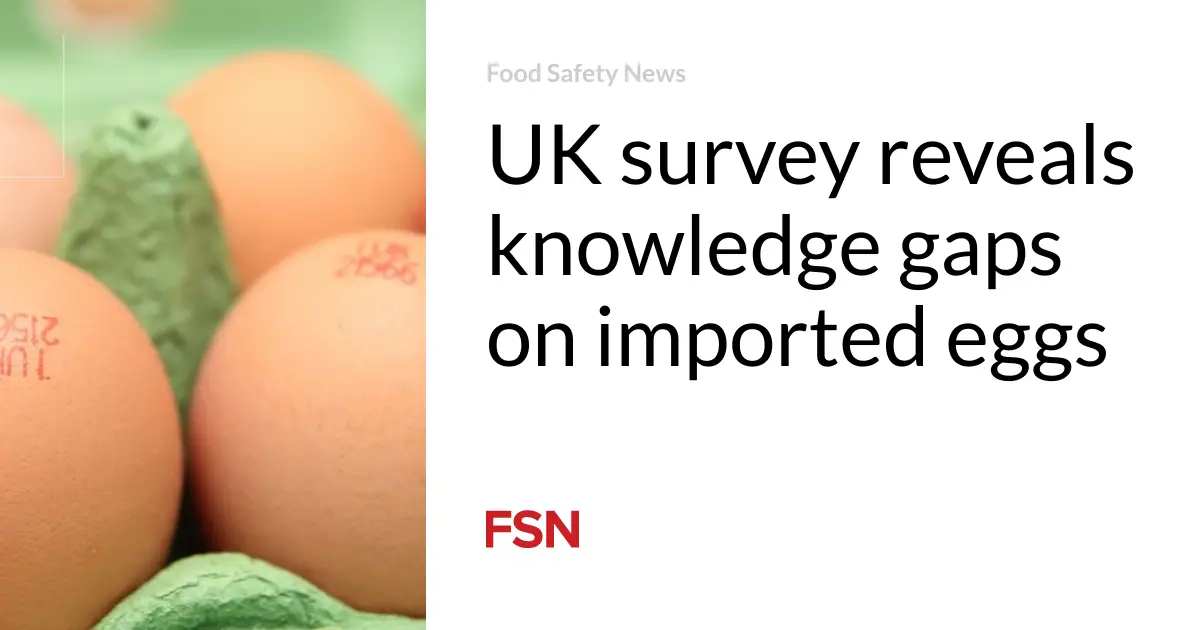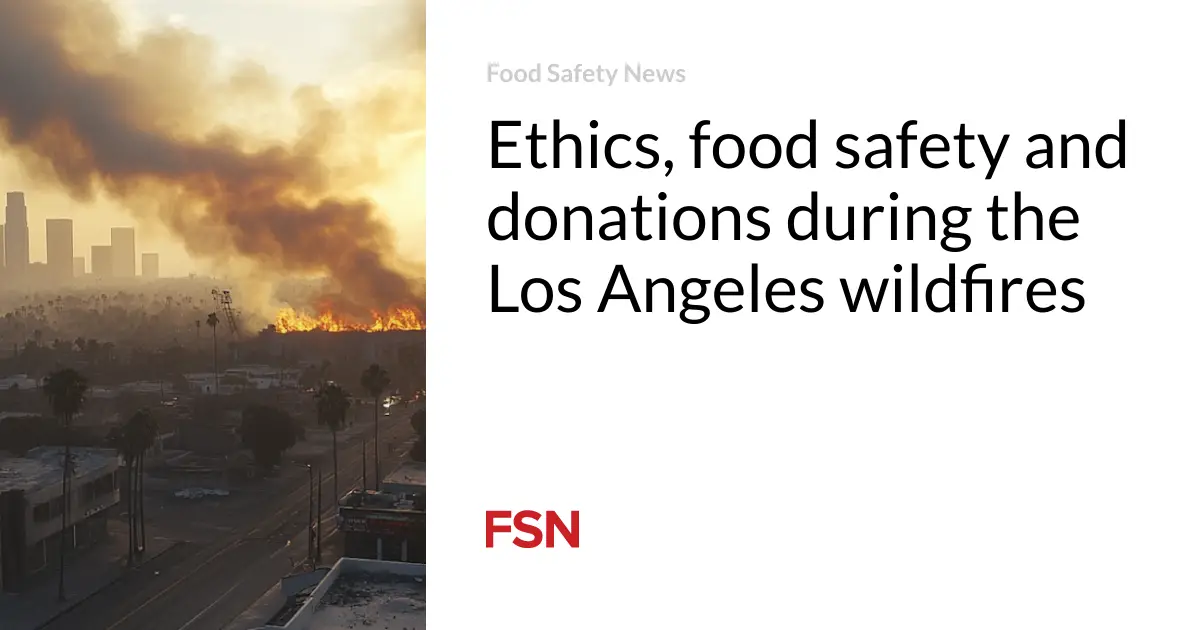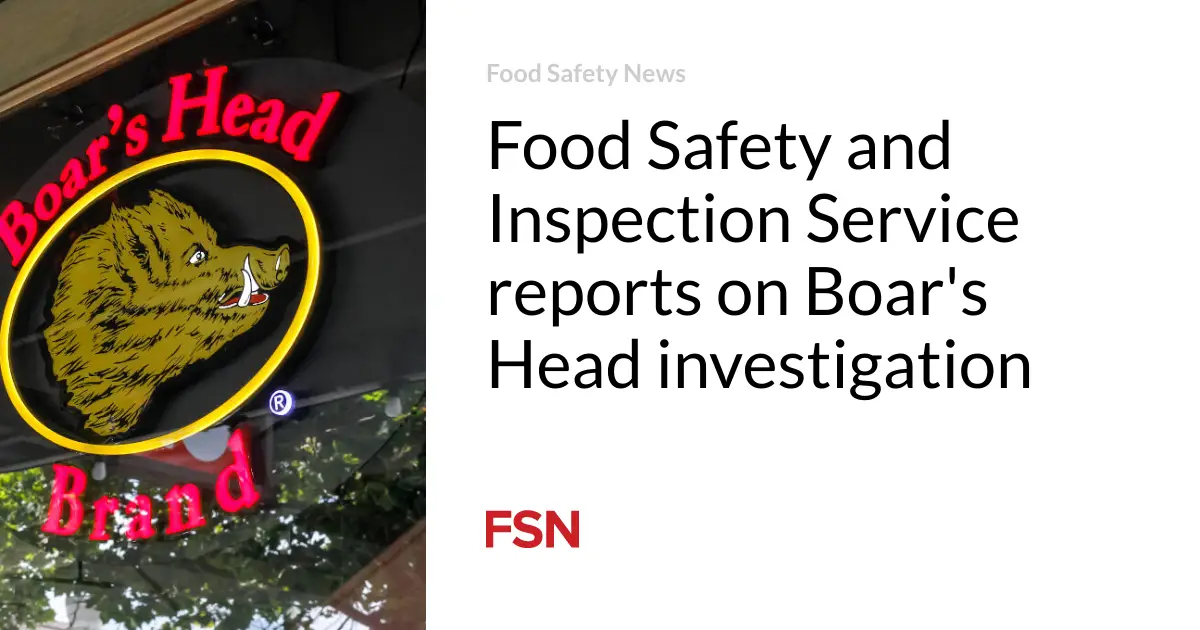
A survey of chefs in the United Kingdom has found confusion around serving imported eggs to vulnerable groups.
A June 2024 poll by The Staff Canteen, a UK chef network, of 100 cooks found that British Lion eggs are widely served and their food safety credentials are well understood.
However, 37 percent of respondents were unaware that the Food Standards Agency (FSA) does not approve imported eggs for serving runny to vulnerable groups.
Gary Ford, chief executive at the British Egg Industry Council, said: “British Lion eggs are FSA approved so operators can confidently serve them to customers however they like, including runny to vulnerable groups.
“Imported eggs do not come with the same assurances. These knowledge gaps could seriously impact the safety and well-being of any vulnerable groups choosing to eat in these establishments and the reputation of those businesses. We strongly urge the hospitality industry to meet their due diligence requirements and serve British Lion eggs to vulnerable groups.”
Official advice is that young children, pregnant women, and elderly people can eat raw or lightly cooked UK hen eggs or foods containing them as long as the eggs are produced under the Lion Code with a British Lion mark or under the Laid in Britain egg assurance scheme.
Sterling Crew, a food safety expert, and British Lion Eggs ambassador, advised people to check eggs with the Lion mark stamped on them.
“The safety record of British Lion eggs seems to have left people with the impression that all eggs are safe to serve to vulnerable groups. This is not true and is very concerning – chefs need to think carefully about what’s on the menu.”
Revised code of practice
The British Egg Industry Council has also launched an updated Code of Practice for producing Lion Quality egg products.
Version 3 includes 64 new criteria, incorporates industry advice, and provides specific measures and controls. It sets standards across all production systems, from when eggs are laid to delivery to manufacturers and food service operators.
“For more than 25 years, the Code of Practice for the Production of Lion Quality egg products has provided peace of mind, ensuring retailers, food manufacturers, foodservice operators, wholesalers, and other organizations can safely serve UK consumers British egg products without the risk, food miles and challenges of traceability involved in importing egg products,” said Ford.
Crew, also president of the Institute of Food Science and Technology (IFST), said the update was welcomed by those involved in food safety.
“There’s an assumption that once an egg has been pasteurized, it’s automatically safe, but there’s a lot more to it, especially where some egg products, such as egg white, are heat treated. The code gives assurance not only on egg safety but also on quality, authenticity, provenance, and welfare.”
(To sign up for a free subscription to Food Safety News, click here.)







